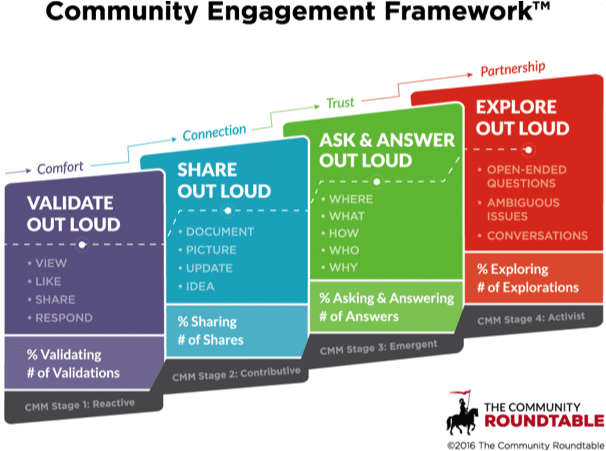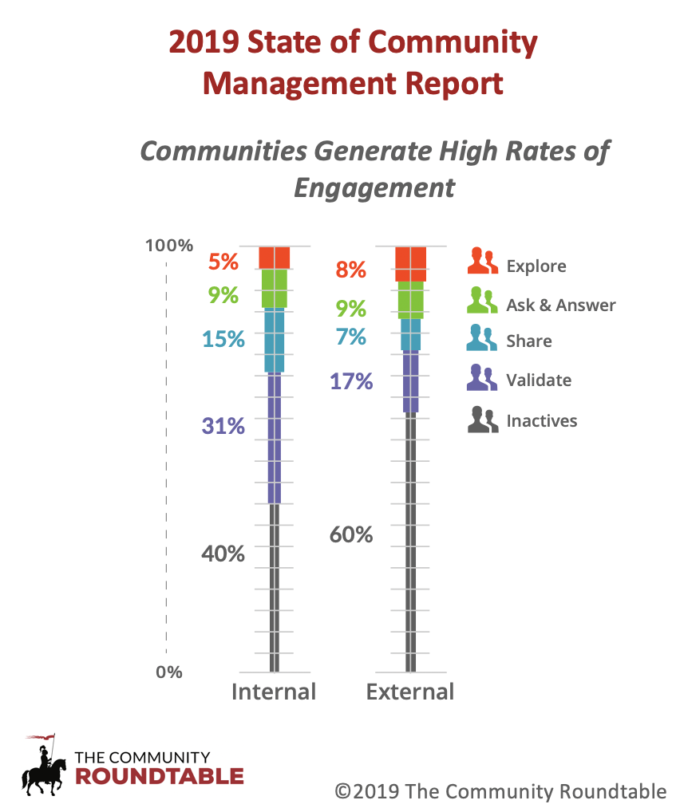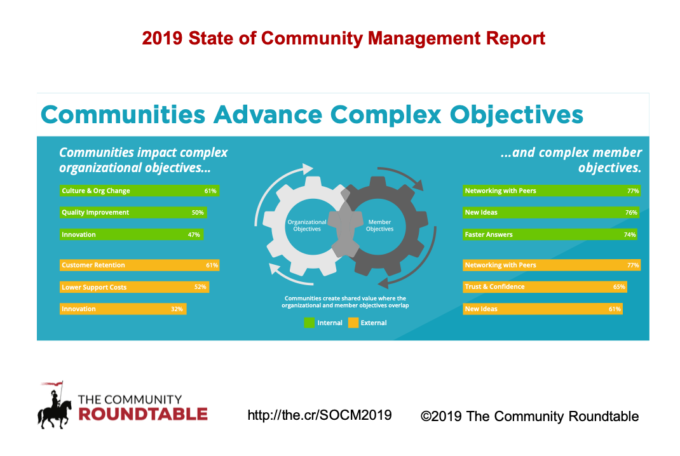For many years, I had an uncomfortable relationship with the word ‘leadership’. It seemed vague, imprecise and conflated with ‘executive’, especially in corporate settings. It certainly didn’t apply to me. Then I was an executive and I still think of myself as a leader. To me, it felt like the word beauty; something that is in the eye of the beholder.
Working with online communities, however, has helped me clarify what leadership means because you see leadership clearly in behavior. It is, in fact, fairly concrete. You can see it by looking at who:
- Validates others regularly, encouraging them to engage
- Shares what they have learned
- Offers perspectives and asks clarifying questions
- Asks open-ended questions
You might be thinking that a lot of people do these things and you are right – because leadership is available to everyone. What sets leaders apart is the willingness to pursue it. By engaging transparently, leaders show a willingness to be vulnerable, to expose themselves to critique, to go ‘on the record’. Leadership then is not the same as being an executive. There are executives who are leaders and there are leaders who are executives – but there are also plenty of executives who actively eschew any kind of conflict, difficulty, or vulnerability. Executives who are not leaders tend to surround themselves with handlers and operate through structured channels in predictable ways.
Leadership requires courage – the courage to be different and to expose yourself to critique, which is challenging when many decisions are nuanced and messy. Through the lens of behavior, it is actually easy to see who the leaders are. And it can be measured.
In communities, leadership is revealed in measuring engagement, which we measure through four categories of behaviors: validating, sharing, asking & answering, and exploring. Each of these categories of behaviors results in a cultural outcome, from a culture of comfort, to connection, to trust, to partnership.
By measuring the breadth (what percentage of a population or community exhibits this type of behavior) and depth (how much of this behavior/person is exhibited) we can measure how cultures change over time – are they becoming more open or more anxious? Are more leaders emerging or is curiosity getting shut down? And because we can measure culture – we can measure the effectiveness of the executives in charge in their ability to create this culture.
One of the primary reasons community approaches are so powerful is that they encourage and reward leadership behaviors. In a knowledge economy, those leadership behaviors are critical to distribute and cultivate so that organizations can optimize learning, change, and innovation.
For those organizations looking to digitally transform and create a networked business model, this is one of the most important aspects of making this possible. Executives are now being tasked with creating a culture of innovation. In many cases, what that means is not defined and can be interpreted in many different ways – making it is hard to help executives understand what success looks like or to hold them accountable when their efforts fail.
Our experience with communities shows us exactly what a culture of learning, change, and curiosity looks like – and allows us to measure it. Those that understand this are using communities to change how they change – and making progress on some of their most complex organizational objectives.
Communities aren’t just about creating awareness and reaching more people – they are an operational approach and governance structure to change how organizations lead and manage. Find more insights in the 2019 State of Community Management report.



